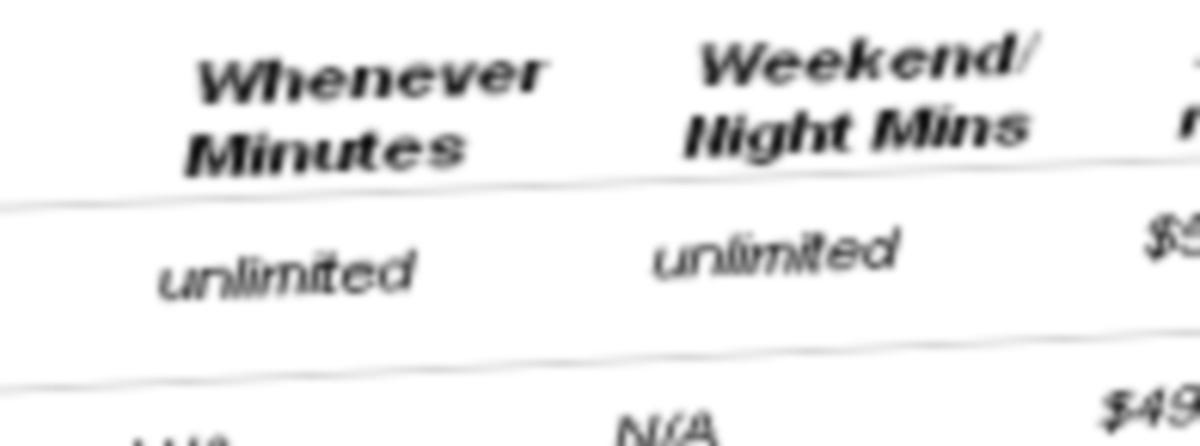
The Advertising Standards Agency is set to man up and review ‘unlimited’ ads — just as the networks are dropping the term. Mobile phone networks and Internet service providers have been abusing the word ‘unlimited’ for years, but, as the iPhone 4 arrives and data-hungry services like BBC iPlayer become more popular, companies are realising that lying to customers has become untenable.
Many networks advertise unlimited data packages, but quietly impose, er, limits, under fiendish fair-use policies. We imagine the evil marketing genius who thought up that particular wheeze took the rest of the week off. The advent of smart phones means that more and more customers hit their cap, quickly discovering that their unlimited package is anything but. Networks like O2, sensing they’ve been rumbled, are now dropping the use of the word ‘unlimited’.
Enter the Advertising Standards Agency, which has apparently learned to use a dictionary about two years too late. The ASA is only empowered to rule on specific cases, so it’s turned to the Committee of Advertising Practice and
British Code of Advertising Practice to carry out the review and dictate policy based on the results.
A Vodafone spokesman told New Media Age that the network has dropped the word ‘unlimited’ because “it’s confusing for customers to get sold an unlimited package and then have to get used to a ‘fair-usage’ policy”. No shazbat, Sherlock. That’s what we’ve said for years, except instead of ‘confusing’ we’ve used words like ‘outrageous’, ‘fraudulent’, and ‘outrageous, fraudulent, criminal pack of lies’.
We await the ASA’s findings with interest.



